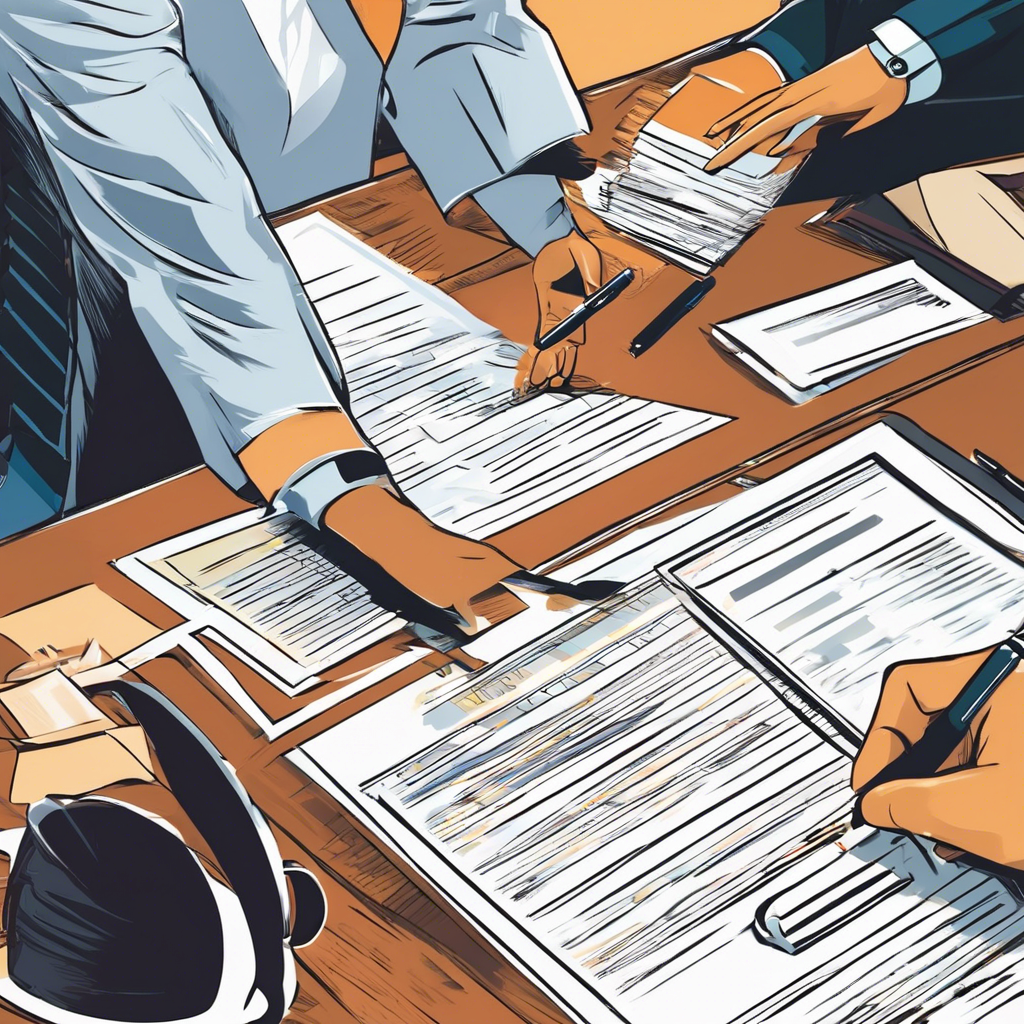Contracts play a crucial role in various aspects of our lives, from renting an apartment to purchasing a product or service. Understanding contracts and knowing what to look for can help individuals protect their rights and make informed decisions. Whether you are signing a lease agreement, a job contract, or a business partnership agreement, being aware of key components in a contract is essential. In this article, we will explore the important elements of contracts and provide insights on what individuals should pay attention to when reviewing and signing a contract.
One of the first things to look for in a contract is the parties involved. It is essential to identify who the contract is between, whether it’s between two individuals, a company and an individual, or two companies. This information ensures clarity on the responsibilities and obligations of each party outlined in the contract. Make sure that all parties are correctly identified with their full legal names and contact information to avoid any confusion or disputes in the future.
Another crucial aspect to consider in a contract is the scope of the agreement. The scope outlines the specific terms and conditions of the contract, including what services will be provided, the duration of the agreement, and any limitations or exclusions. Understanding the scope helps prevent misunderstandings and ensures that both parties are on the same page regarding the expectations and deliverables outlined in the contract.
In addition to the scope, it is essential to pay attention to the payment terms outlined in the contract. This section specifies how and when payments will be made, including the amount, frequency, and method of payment. Reviewing the payment terms ensures that you are aware of your financial obligations and can budget accordingly. Look out for any late payment fees, installment options, or penalties for non-payment to avoid any surprises down the line.
Furthermore, contracts often include clauses related to termination and cancellation. It is essential to understand the conditions under which the contract can be terminated by either party and what procedures need to be followed. Knowing your rights and obligations in case of termination can help you navigate unforeseen circumstances or changes in the agreement without facing legal consequences.
Another critical element to look for in a contract is the warranties and representations provided by the parties. Warranties are promises made by one party to the other regarding the quality or performance of a product or service, while representations are statements of fact made during the negotiation of the contract. Understanding the warranties and representations can help you assess the risks involved and hold the other party accountable for any misrepresentations.
Additionally, contracts often include clauses related to confidentiality and non-disclosure. These clauses outline the obligations of both parties to keep sensitive information confidential and prevent it from being disclosed to third parties. Understanding the confidentiality provisions in a contract is crucial, especially when dealing with proprietary or sensitive information that could impact your business or reputation if disclosed improperly.
Moreover, it is essential to review the dispute resolution mechanisms outlined in the contract. These mechanisms specify how any disagreements or disputes between the parties will be resolved, whether through mediation, arbitration, or litigation. Being aware of the dispute resolution process can help you assess the potential risks and costs involved in case of a dispute and choose the most suitable method for resolving conflicts.
Furthermore, contracts often include indemnity clauses that outline the responsibilities of each party in case of legal claims or liabilities arising from the agreement. Understanding the indemnity provisions can help you assess the risks involved and determine who will be responsible for any damages or losses incurred as a result of the contract.
Lastly, it is crucial to review the governing law and jurisdiction clause in a contract. This clause specifies which laws will govern the interpretation and enforcement of the contract and which jurisdiction will have the authority to resolve any disputes that may arise. Being aware of the governing law and jurisdiction can help you understand your rights and obligations under the contract and seek legal recourse if needed.
In conclusion, understanding contracts and knowing what to look for is essential for protecting your rights and interests in any agreement. By paying attention to key elements such as the parties involved, scope of the agreement, payment terms, termination clauses, warranties, confidentiality provisions, dispute resolution mechanisms, indemnity clauses, and governing law, individuals can make informed decisions and avoid potential pitfalls when entering into a contract. Remember to always read the contract thoroughly, seek legal advice if needed, and clarify any doubts before signing on the dotted line.
